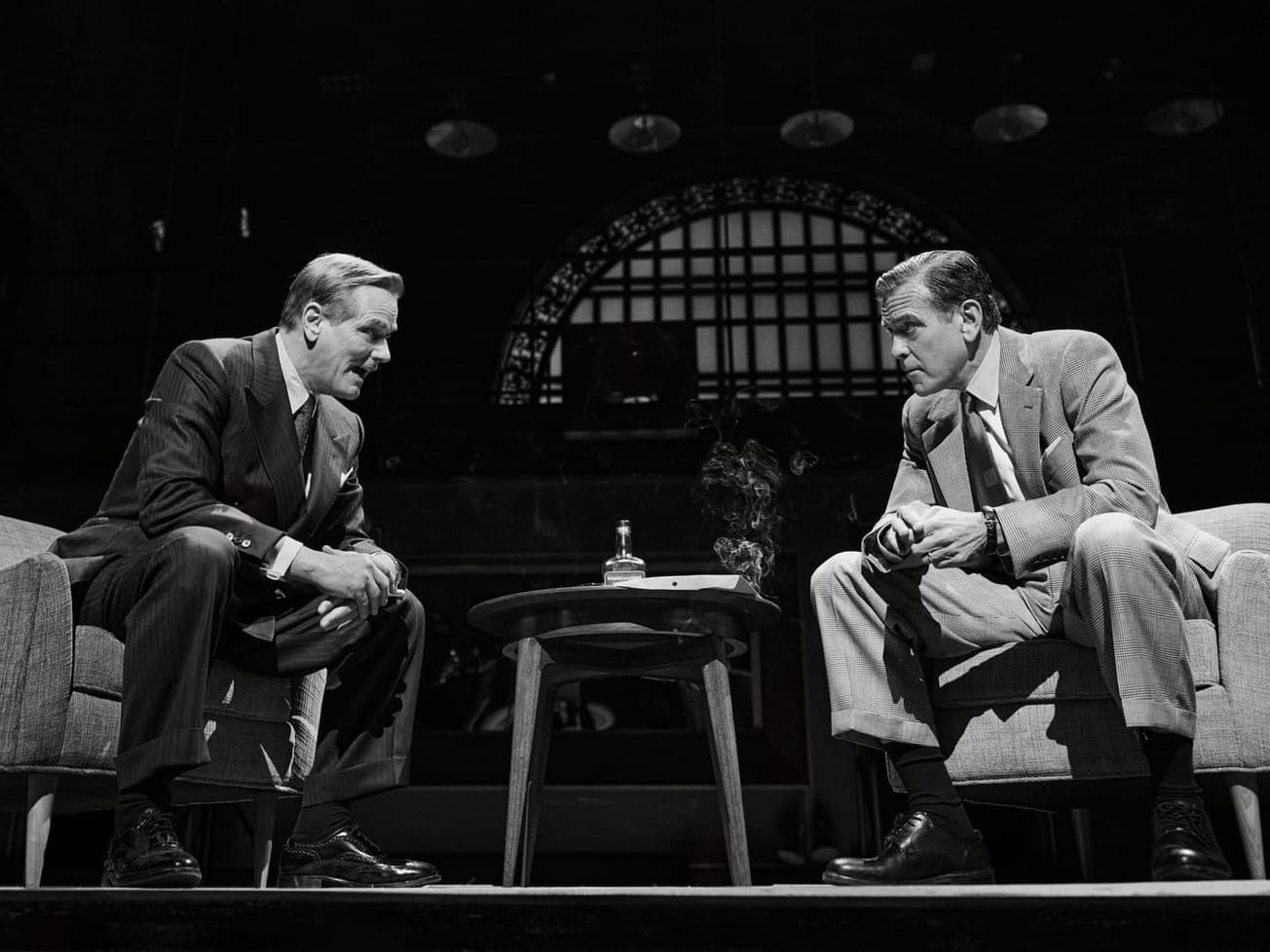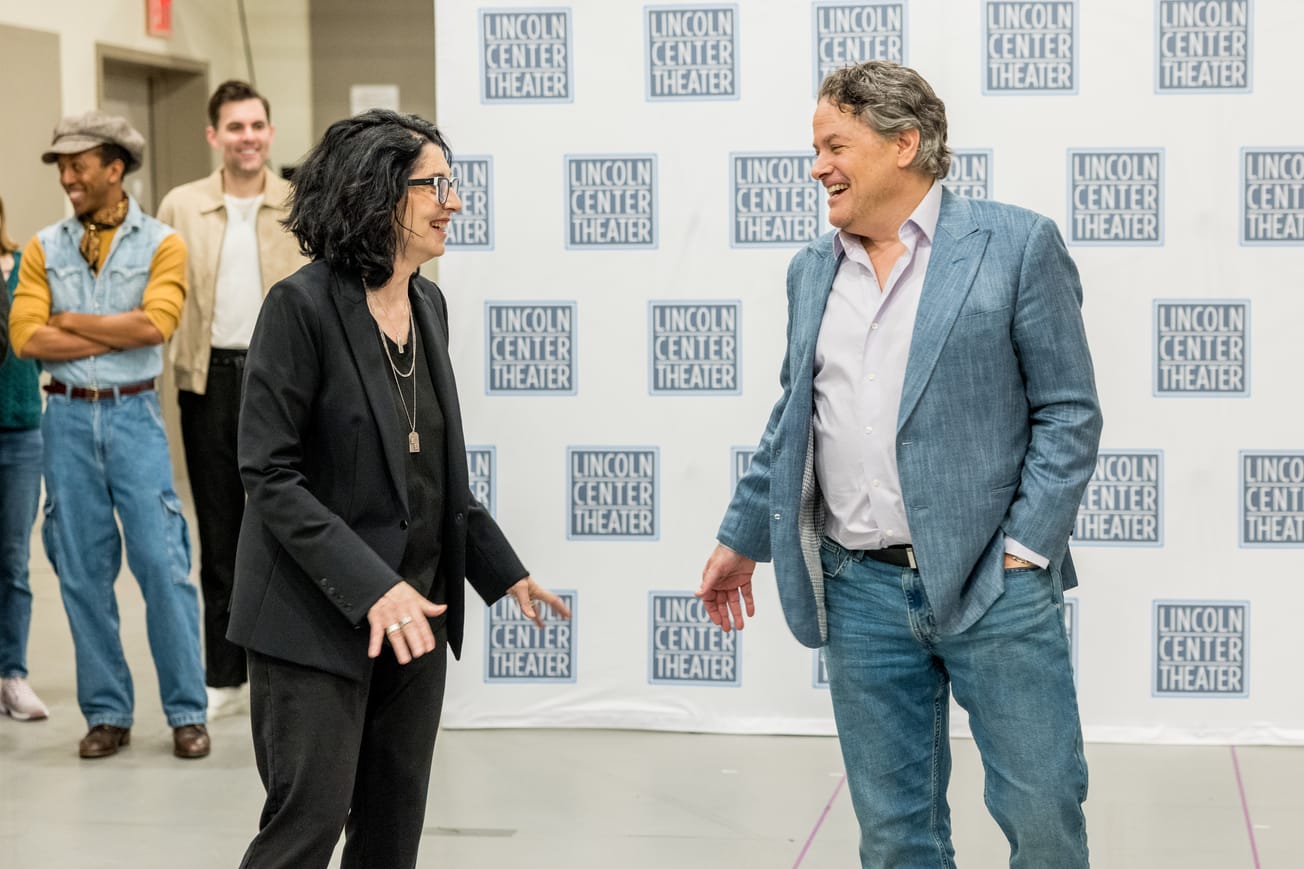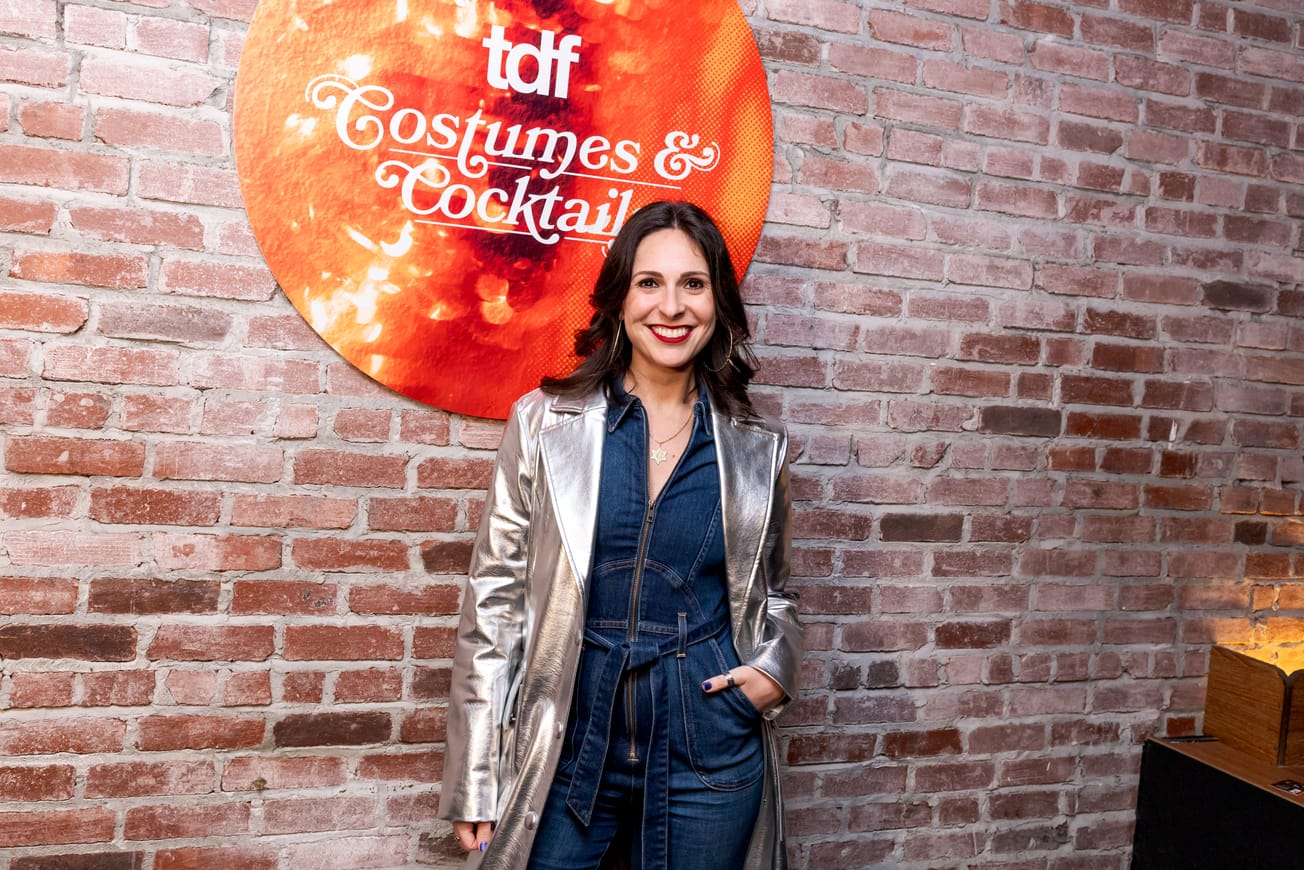I first laid eyes on Chita Rivera on a cold January evening in 1975 at the Grand Finale, a noisy and dingy gay club on West 70th. The place was filled to the rafters — a mix of Broadway A-listers at ringside and young men in bomber jackets packed three-deep at the bar. I was just a cub reporter then for “After Dark,” a quasi-gay entertainment magazine. The anticipation was keen for the New York nightclub debut of “Chita Plus Two,” in which the star of the forthcoming musical, “Chicago,” was joined by Tony Stevens and Chris Chadman on a stage the size of a postage stamp. Chita had just returned to New York from a less-than-happy seven-year hiatus in Los Angeles, and there could’ve been no better welcome home than the raucous, whistling, stomping ovations which greeted the trio’s every bawdy, naughty, hip-swiveling, straight-to-the-heart number.
Chita became mythical to me that night, an awareness of a singular stardom which glowed even brighter after I saw her in “Chicago.” She remained that way until, years later, as a freelance journalist, I was given occasional assignments to profile her. The first thing Chita did when she met a writer was demystify herself. I was no exception. She was always eager to present herself as anything but a “star”— just one of the chorus kids who happened to have moved into the spotlight. It was an image she cultivated, and it was sincere. But she had a star quality that was undeniable, even to her. Then in 2004, I received a call from the producer Marty Bell.
“We’re going to do a show on Chita’s life on Broadway and Terrence [McNally] doesn’t want to do the underlying interviews for the [musical’s] book he’s writing. So Chita asked us to hire you.”
What a gig! I was contracted for three interviews for ‘Chita Rivera: The Dancer’s Life.’ What followed were afternoons with Chita, drinking cosmopolitans at the West Bank Café and examining what was then over four decades of a career and 70 years of a life. She was funny. That throaty laugh, which would start somewhere deep down and slowly rumble up. She was also open and honest — up to a point. I got two of the three done when Bell said, “You don’t have to do a third. Terrence feels he’s got enough.” I felt like I had been kicked out of the playground. Worse, I thought I’d only begun to delve into someone who was a deeply private person behind the cheery bravado.
I got the privilege and honor to delve deeper than I ever imagined when the idea of a book about her life came up many years later. Chita was always reticent to write a memoir. “Who’d care?” she told me. But when Covid shut down the lights to which she had always gravitated, her unstoppable energy sought an outlet.
Our first meetings about the memoir were a tango of sorts. What overcame her skepticism was my insistence that she owed it to future generations to avail them of what she’d learned throughout her many years in the theater. She was a stickler that young actors and dancers coming into the business should know their history, the shoulders on which they stood as she herself had. But open up her private life? That she was not too crazy about.
Then I asked her, “After 70 years in the public eye, what is it that people don’t know about you?” She replied. “That I’m not nearly as nice as people think I am.” I replied, “Great! Let’s introduce the public to her. And let’s call her by your first name, ‘Dolores.’ What your mom called you when you got in trouble. Chita’s nice. Dolores is a bat out of hell.” She loved the idea. Among her many virtues, Chita always had an eagerness to laugh at herself. We were off and running.
At her home, dressed in black silk pants and blouse with her hair wrapped in a headscarf, she’d make me a grilled cheese sandwich. Between bites of potato chips, we talked in the fading afternoon light (she was never an early riser). Her soft voice painted how she saw her life: a large canvas with spots, blotches, lines of color — like a Jackson Pollock — representing every sudden turn in the road: marriage, motherhood, love affairs, the geniuses she’d worked with and, especially, the lucky career breaks.

Chita knew she was talented, tenacious, hardworking and disciplined. But, like every great star, she also knew she was lucky. With equanimity, she talked about how she had not been the first choice, or even the second or third, for roles on which she’d place her indelible stamp. She knew she’d come up with hundreds of performers just as talented, but who’d fallen through the cracks. Gratitude poured out of her.
She also wanted me to know in no uncertain terms that the canvas was unfinished. Chita dreaded birthdays. She had so much more to do.
Last August, one of her final performances was at the Ice Palace, a gay club on Fire Island. Our lives together had sort of come full circle. She performed with Lisa Mordente, her daughter, in an act that sent an audience of all ages and genders into paroxysms of utter joy and delight.
During one of our sessions, I had asked her, “Hey, Cheet, what ovation has meant the most to you in your career? You go to the Kennedy Center for the Honors and the President, cabinet members and all these bold-faced names give you a standing ovation. You go to the Tonys, same thing. All the shows, the club acts, the personal appearances. What stands out?”
“I’ve never given it thought before, but since you asked,” she said, “when I came out for the opening night of ‘The Visit,’ the audience just went on and on, and it wouldn’t stop. My whole body filled with such love in a way I’d never felt before in my life.”
“You wanna know why?” I asked. She nodded.
“You go to the Kennedy Center, or to the White House or to receive all those awards on your mantle, and then you get in the car and go home and wait for the phone to ring,” I continued. “On that opening night of ‘The Visit,’ you knew that when that ovation died down, you’d work and earn that ovation, as you have time and time again for nearly 70 years. You’ve never lived for the awards or the acclaim. You’ve lived to give of yourself — body and soul — to whomever came through the doors of the theater, the nightclub, whatever, wherever.”
Chita thought for a while, her eyes glistening with emotion: “I guess you’re right. That’s all I’ve ever wanted to do. I’ve been so lucky.”
Patrick Pacheco is a journalist and Emmy Award-winning TV commentator who is the host and producer of “Theater, All the Moving Parts” on CUNY-TV. He recently co-authored with Erik Jackson the new stage musical, “Christmas in Connecticut” which premiered in 2022 at the Goodspeed Opera House. He is the author and editor of “American Theatre Wing, An Oral History: 100 years, 100 Voices, 100 Million Miracles.”


























































